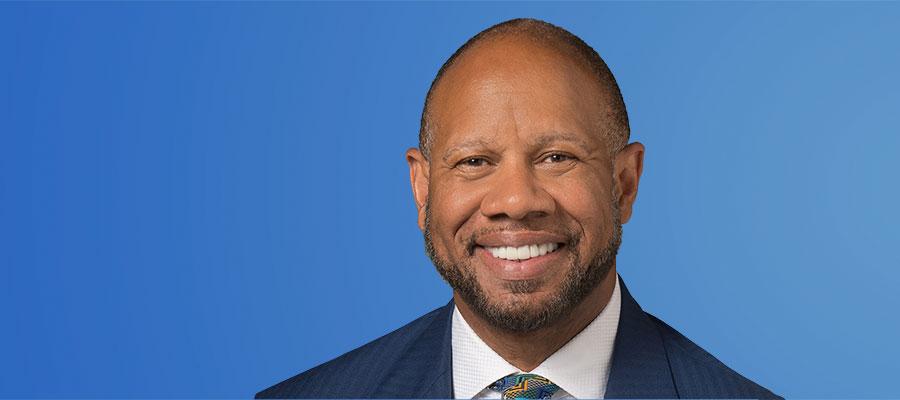Chair File: Leadership Dialogue — Discussing the Journey of Community Health Improvement with Mikelle Moore, Intermountain Healthcare

On this episode, I talk with Mikelle Moore, senior vice president and chief community health officer at Intermountain Healthcare, based in Salt Lake City, Utah.
Mikelle and I discuss the different roles that hospitals and health systems can take in advancing community health — including as leader, convener and participant — and the importance of listening and building trust in every interaction with the community. Intermountain views community health improvement as a journey, and Mikelle talks about key performance indicators and other metrics that the health system uses — at all levels of the organization — to measure progress to improve health care access and quality, the patient experience, health equity and more.
Mikelle also describes how Intermountain is tackling “some issues that take decades to solve.” This work includes addressing social determinants of health, improving mental health and well-being, and increasing access to primary care.
I hope you find these conversations thought provoking and useful. Look for them once a month as part of the Chair File.

